Dogs sleep underneath the bed for all kinds of reasons. Potential causes include your dog wanting to be closer to you, wanting space away from the household, being fearful or anxious, or just for a cooler sleeping space.
We’ll break down why your dog sleeps under your bed so you can stop your dog from sleeping under the bed if you want to, or just understand why your dog may exhibit this behavior and rule out any reason to worry.
- Dogs may sleep under the bed for safety, resembling a den.
- It can signify anxiety, stress, or illness in some dogs.
- Providing a comfy dog bed can encourage alternative sleeping spots.
The information provided herein is for informational purposes only. Please refer to our disclaimer for more details..
Common Reasons for Dogs Sleeping Under the Bed
Image source: Sidde
It Feels Safe
The space under the bed represents a naturally safe space for dogs. Wolves sleep in dens, and under your bed is about as close to a den as your dog is going to find. Under the bed, your dog may sleep better knowing that it would be harder for predators to sneak up on them.
Comfort and Privacy
Dogs like a quiet and cozy place as much as anyone. You might not think the space under your bed is very comfy, but your dog may be under your bed because it’s dark, quiet, and cool.
Underneath your bed is also somewhere that is unlikely to be accidentally disturbed, so your pup may feel like they can really get their rest without being bothered.
In a busy household, dogs might find the under-bed area a tranquil escape from the constant movement and noise. This is a peaceful retreat where they almost certainly won’t be stepped on.
Some Personal Space
Dogs love a comfortable spot, and will look for one if they can’t find their spot. If another pet has taken the dog bed or it’s in the wash, your dog may well look for an alternative.
If the dog crate or bed is in a loud or bright area, it can cause dogs to find somewhere safe and quiet, like the space under your bed. A crate can provide a secure den-like space, but if the crate is somewhere loud or bright, under the bed becomes the next best option.
Familiar and Comforting Smells
Many dogs have a habit of sleeping with things that smell like a favorite person or even another beloved animal. The area under the bed accumulates familiar scents that dogs like because it gives them a sense of comfort and belonging.
If your dog chooses to be under the bed when you or someone the dog loves is gone, or if you don’t let them in the bed, it may be a smell that is the reason your dog is seeking out this spot.
Health and Behavioral Aspects
Anxiety and Stress
A dog retreating under a bed can be a sign of anxiety. This behavior may be a coping mechanism; the dog is attempting to manage anxiety and fear by seeking out somewhere they feel safe.
Anxiety can manifest in many different ways, but for some dogs, under the bed is a safe retreat. If your dog only started retreating under the bed when a new stressor came up, this may be the culprit.
Fear of Loud Noises
Sound phobias can also cause dogs to seek out the space under the bed. A fear of loud noises, which can include anything from thunderstorms to everyday household noise, is a common issue. Dogs with noise sensitivity may find the enclosed space under the bed comforting, as it’s inherently a safe-feeling space, and the noise may be muffled there.
Illness
Occasionally, a dog sleeping under the bed might be due to illness. If your dog suddenly sleeps under the bed and shows other symptoms, it may be time to seek out a vet.
Dogs might retreat to a secluded area when not feeling well as a way to cope with discomfort or pain. A dog seeking out somewhere to pass away may also choose an enclosed place like this.
However, if you’re not seeing other signs of illness, don’t worry. Your dog is probably just taking a nap somewhere dark and quiet.
Solutions and Management
Image source: Jamie Street
Provide a Comfortable Dog Bed
If your dog is sleeping under your bed, a good first step is to make sure they have comfortable alternative sleeping options. Provide a couple of comfortable dog beds in different places to encourage your dog to choose their dog bed over sleeping under your bed.
Positioning the dog bed in multiple quiet, comfortable sleeping areas gives your dog options, helping to transition to a new sleeping spot.
Positive Reinforcement
Positive reinforcement techniques can be very effective in managing your dog’s sleeping habits. Reward your dog with food, cuddles, or praise for choosing their bed or crate instead of under the bed. Reinforcing the behavior you want to see makes it more likely that your dog will repeat it.
Crate Training
Many people think crates are just cages, but your dog may not see it that way. You can create a den-like space in a crate that your dog may choose to sleep in. Creating a positive association with the crate can make your dog see it as a safe and comfortable space.
To get your dog to sleep happily in their crate, make it the place where good things happen. Give your dog highly desirable food and chew toys in their crate. Covering the crate is a good way to make it feel more like a den. A comfy bed and things that smell like you help as well.
When to Be Concerned
Sleeping vs. Hiding: When to See a Vet
While it’s normal for dogs to seek comfort by retreating to a safe place, it can also indicate something serious. If you notice your dog is hiding under the bed more frequently, or if you notice any other signs of illness or anxiety, it might be time to consult a veterinarian.
A preference for a hidden, enclosed place to hide, not just rest, could indicate anxiety, fear, or health issues. A veterinarian can help you determine whether your dog is just sleeping or hiding, and whether the behavior is due to illness.
Dealing with Anxiety and Fear
For dogs that sleep under the bed due to anxiety or fear, identifying and addressing the root cause is crucial. Separation anxiety is a potential cause of hiding under the bed, especially if your dog does it when you’re not there. Noise phobias can also cause dogs to hide.
It takes patience and consistency to deal with serious anxiety and fear. A dog trainer can help, but some cases require a dog behaviorist who deeply understands anxious behavior in dogs.
You can help your dog develop coping mechanisms to make them feel safer and work on reducing factors that result in anxious behavior. Medication, special compression jackets, pheromones, and behavioral therapy can all be helpful for severely fearful or anxious dogs.
FAQ
What does it mean when a dog sleeps under your bed?
A dog may choose to sleep under your bed for various reasons. Often, it’s because it provides a sense of safety and security, much like a den would. Some dogs hide under the bed in response to anxiety or fear. A dog may sleep under your bed more often if they feel stressed or unwell.
Why does my dog like to sleep under my blanket?
Dogs like to sleep under blankets because it gives them warmth and a sense of security. The enclosed space under a blanket mimics the feeling of a den. It’s also a way for your dog to stay close to you, enjoying your scent and presence, which can be very comforting to them.
What dog breeds like to sleep under the covers?
Smaller breeds, such as Chihuahuas and Terriers often enjoy the warmth and security of being under covers. Breeds with thinner coats or hairless breeds seek out the warmth under blankets.
Dog breeds that burrow are particularly prone to sleeping under blankets. Dachshunds LOVE burrowing under blankets. However, this behavior is not limited to specific breeds; many dogs enjoy the comfort and coziness of sleeping under the covers regardless of their breed.
1Kviews
Share on FacebookExplore more of these tags
“Why Does My Dog Sleep Under My Bed? Vet Explanation” and yet this article is written by Coral Dawn Drake, “certified dog lover” with less than 10 years of experience of working with dogs, NOT a veterinarian.
“Why Does My Dog Sleep Under My Bed? Vet Explanation” and yet this article is written by Coral Dawn Drake, “certified dog lover” with less than 10 years of experience of working with dogs, NOT a veterinarian.

 Dark Mode
Dark Mode 

 No fees, cancel anytime
No fees, cancel anytime 


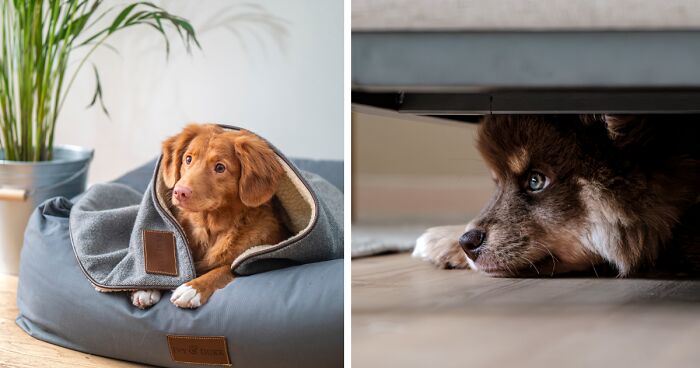
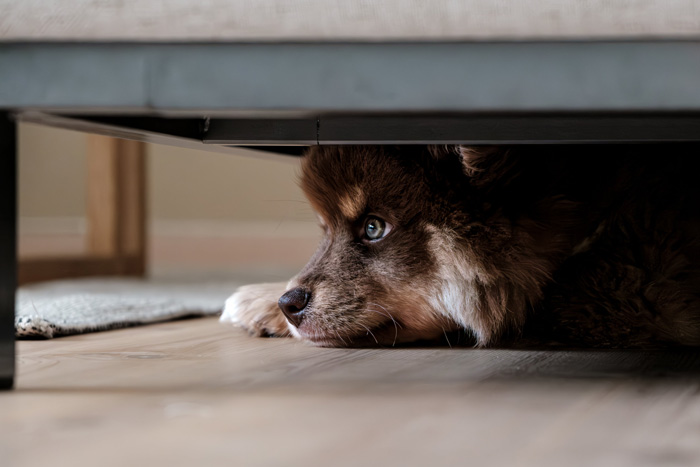
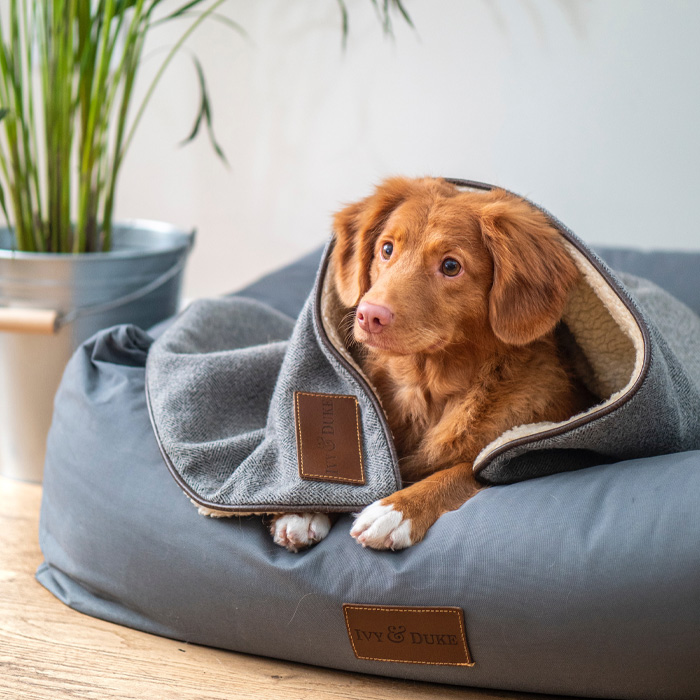
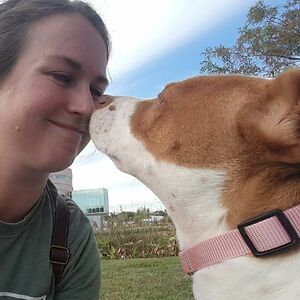




























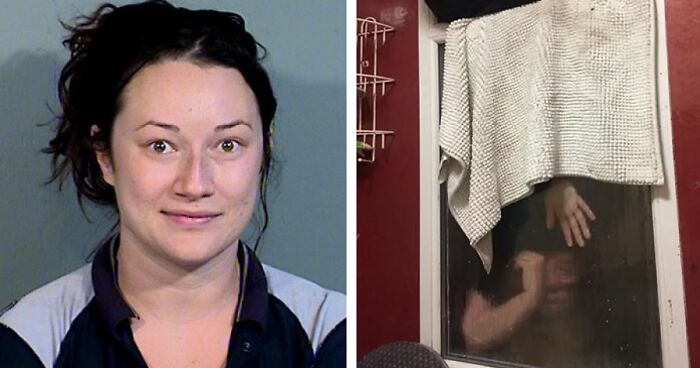


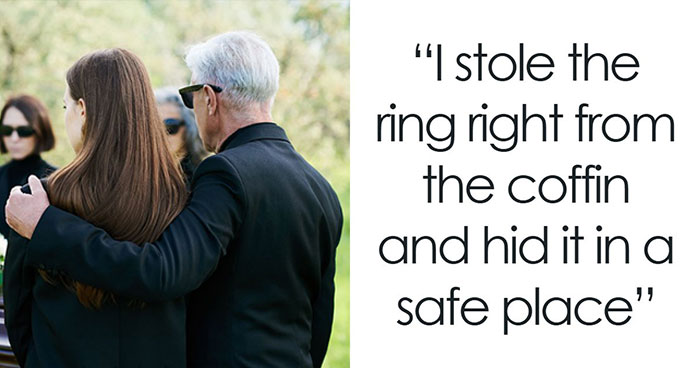











-1
1